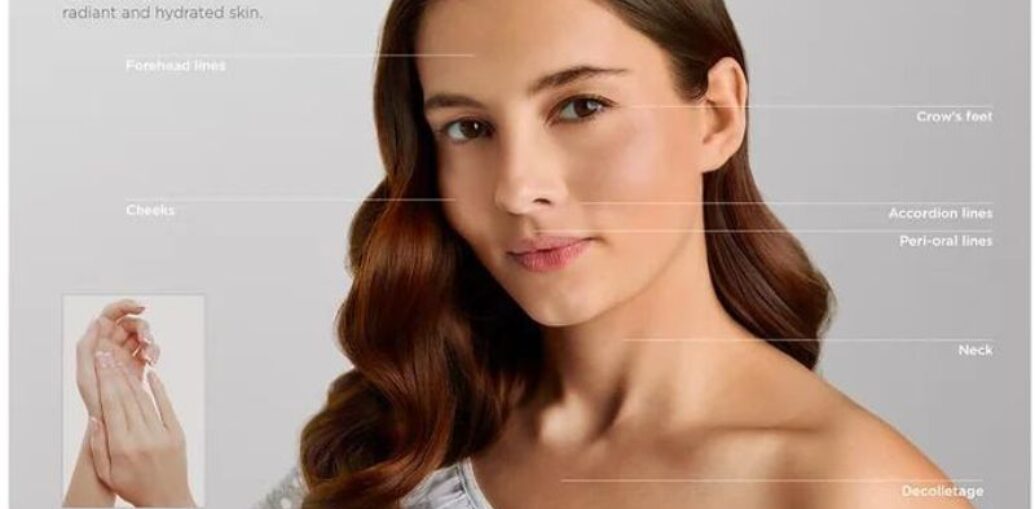
Dermal fillers are a multi-functioning treatment and can be used to reduce deep lines and wrinkles, fill hollows and smooth the contours, as well as add or restore volume to areas of the face such as lips or cheeks. At around the age of 25, the body stops producing collagen and elastin, the two proteins that work together to keep tissue firm and skin elastic and the existing collagen in the body begins to break down. Without these two proteins, the body begins to display the typical signs of ageing (things like sunken cheeks, hollow eyes, deep lines and wrinkles) as the body no longer has a means of keeping tissue strong and skin supple.
Anti-ageing facial fillers are a non-surgical solution to achieve younger-looking skin and smooth tired lines and wrinkles, providing natural-looking rejuvenated outcomes.
Some of the benefits of dermal fillers include:
Dermal fillers last 9-18 months depending on the product used and site of the treatment.
Some of the common treatment zones include:
Hyaluronic acid is a naturally occurring sugar chain molecule found in all skin and soft tissues throughout the body, identical across species. It attracts and binds water in the skin, providing volume and hydration, but also ‘cushioning’ and supporting collagen and elastin fibres and providing a medium, or carrier, for chemical messages between the cells.
Hyaluronic acid dermal fillers are a clear sterile gel in a syringe for injection into the skin providing instant correction. Dermal fillers are manufactured, usually through cross-linking with proteins to produce a clear, sterile gel for injection into the skin. In the UK, there are over 160 brands on the market due in some part to weak regulation.
Not all hyaluronic acids are the same and legitimate brands are NOT available for general sale on the internet and should only be administered by trained clinicians. Each brand has a range of ‘tissue-tailored’ products designed for specific results. One size does not fit all.
Leading and well-established brands include, but are not limited to;
Results are immediate although the product hydrates over time which provides a small degree of additional volume enhancement. You will likely have some initial bruising/swelling after treatment which will settle over 1-2 weeks after treatment.
The dermal fillers used are temporary and will be broken down by the body naturally after time. Results last anywhere between 9 – 18 months depending on the type of dermal filler used, and your medical practitioner should be able to advise you on which is right for you.
There are several medical conditions and or medicines that may affect the decision to treat or the treatment plan. A full medical history and assessment of your expectations are necessary in advance of any decision to treat.
You will also be advised to avoid alcohol, vigorous exercise, sunbathing, and extremes of heat or cold for 14 days post-treatment.
All treatments carry a degree of risk. Risks and complications will be discussed with you at consultation and before any treatment being agreed. Dermal fillers should be administered by a healthcare professional with specialist training. Side effects include, but are not limited to;
The above are temporary and usually resolve within the first few days, swelling is often marked the next morning but settles within hours, and bruising can take a week to 10 days to resolve and can sometimes persist for longer.
Most leading brands also contain a local anaesthetic and most clinicians will apply topical anaesthetic cream, or ice, before treatment to numb the skin. Treatment need not be painful.
Longevity does vary between products, and between individuals, but most will last between 9 months and 18 months.
If you develop problems or complications following treatment that you are concerned about, please attend A+E or consult your GP in case of a medical emergency. Otherwise, contact us. Where appropriate we will provide telephone consultation and/or follow-up assessment +/- treatment. For further information please give us a call to arrange a consultation appointment.
Back to Blog